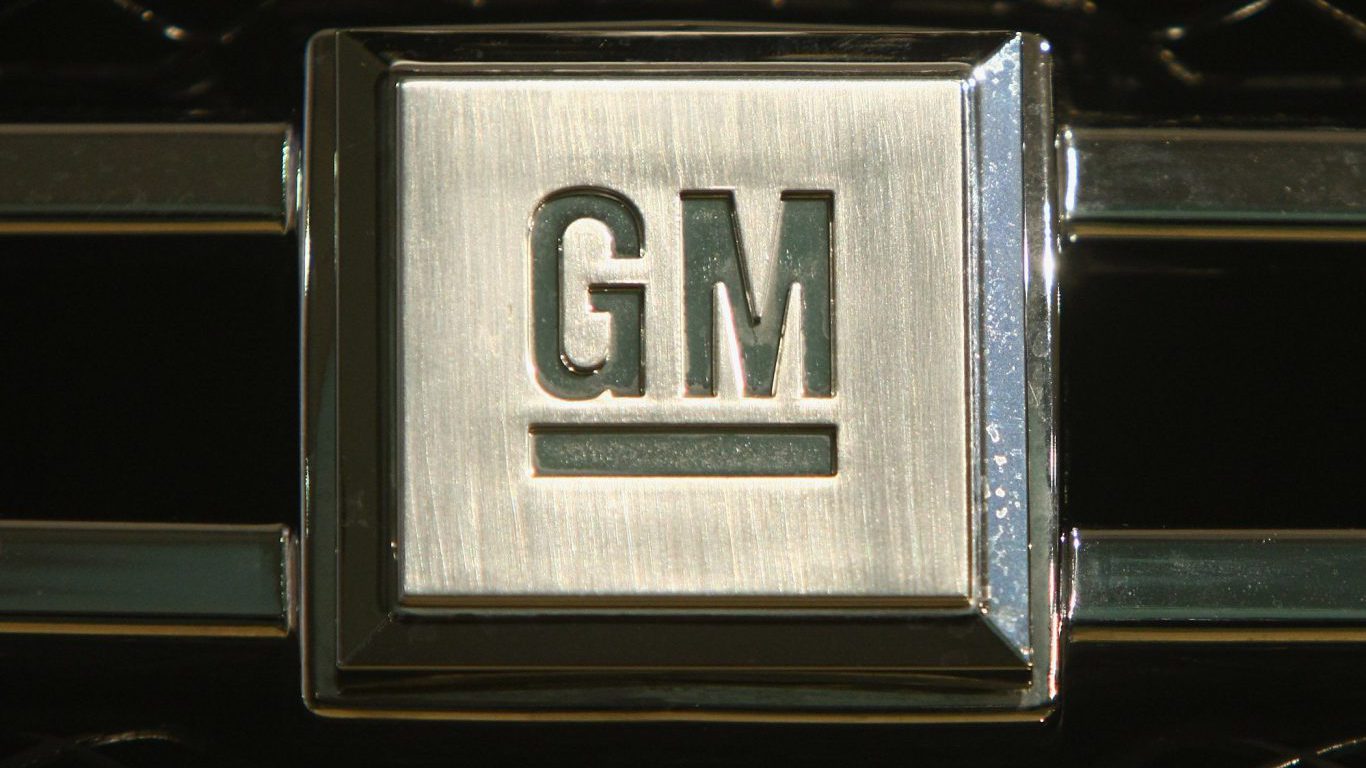Cars and Drivers
GM Backs Off on Decision to Make Union Pay Workers' Health Care Costs; Other Issues Unresolved

Published:
Last Updated:

46,000 United Auto Workers (UAW) members who have been striking General Motors Co. (NYSE: GM) for the past 11 days will continue to receive health care coverage following the company’s announcement that it is reversing a previous decision to shove the costs of coverage to the union. A company spokesperson said the coverage never lapsed because shifting responsibility to the union was too complicated.
The union was not mollified. In a letter to GM’s top negotiator following the company’s reversal, Terry Dittes, the UAW’s vice-president for its General Motors department, wrote, “These irresponsible actions by General Motors are toying with the lives of hundreds of thousands of our UAW families.” Dittes also said that “public sentiment sees these actions of GM as a shameful act!”
The company and union representatives met late into the night Thursday and resumed negotiations again Friday morning, seeking to narrow if not close wide gaps between the union’s demands and GM’s offers.
The UAW is seeking higher wages, added health care benefits, profit sharing and added job security for new and temporary workers. GM wanted union members to pay a greater share of their health care costs (around 15% instead of the current 3%) and to increase productivity and flexibility in auto plants by hiring more temporary workers at a much lower hourly pay rate and with no benefits or paid vacation.
The strike is costing GM about $25 million a day, according to Michigan-based industry analysts at Anderson Economic Group. Lack of production could begin to impair the company’s ability to supply dealers with vehicles that are in high demand, causing the losses to pile up quickly.
The union is also mulling an option that would keep workers off the job until a new contract is ratified by a member vote. Typically, workers return to their jobs when the company and union leadership announced an agreement. Delaying workers’ return to their jobs while conducting a vote could add weeks the time it takes to get production started again.
Given the turmoil around a federal corruption investigation into top union leaders, any agreement “will have to be good enough to sell itself,” Wayne State University director of labor Marick Masters told the Detroit Free Press. Masters added, “[Union members are] smart enough to separate the current leaders from the union and its role in helping them.”
When GM and other automakers report September sales next week, the headline numbers are expected to be significantly below August sales and September 2018 sales. The drop is largely due to a shift of the Labor Day holiday weekend into August this year. Still, it won’t look good to investors.
GM stock traded down about 0.3% Friday morning, at $37.50 in a 52-week range of $30.56 to $41.90. The stock’s 12-month consensus price target is $48.17.
Thank you for reading! Have some feedback for us?
Contact the 24/7 Wall St. editorial team.